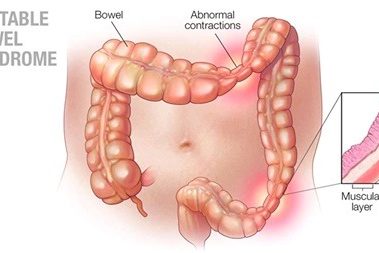 What is Inflammatory Bowel Disease?
What is Inflammatory Bowel Disease?
Inflammatory bowel disease is a group of conditions that cause chronic inflammation of the digestive tract. Crohn’s disease and ulcerative colitis are the two most common of these diseases.
What are the Symptoms?
Crohn’s disease and ulcerative colitis are similar diseases in many ways. Both cause swelling and ulcers along the digestive tract and can lead to abdominal pain and frequent diarrhea. Crohn’s disease can develop anywhere in the digestive tract, from the mouth to the rectum, and penetrates deeply into the layers of the wall. Ulcerative colitis usually does not affect the outer layer of the wall and only involves the colon.
There is still much to learn about Crohn’s disease and ulcerative colitis, and laboratory and clinical research into their causes and treatments is ongoing worldwide.
What are the Causes?
Scientists estimate that seven individuals out of 100,000 in the United States will develop Crohn’s disease, and 10 to 15 individuals out of 100,000 will develop ulcerative colitis. The exact cause of these diseases is unknown, but recent research suggests it may be triggered by a malfunction in the body’s immune system. Family history and certain environmental factors may also increase a person’s risk for Crohn’s disease and ulcerative colitis.

 What is Inflammatory Bowel Disease?
What is Inflammatory Bowel Disease?

